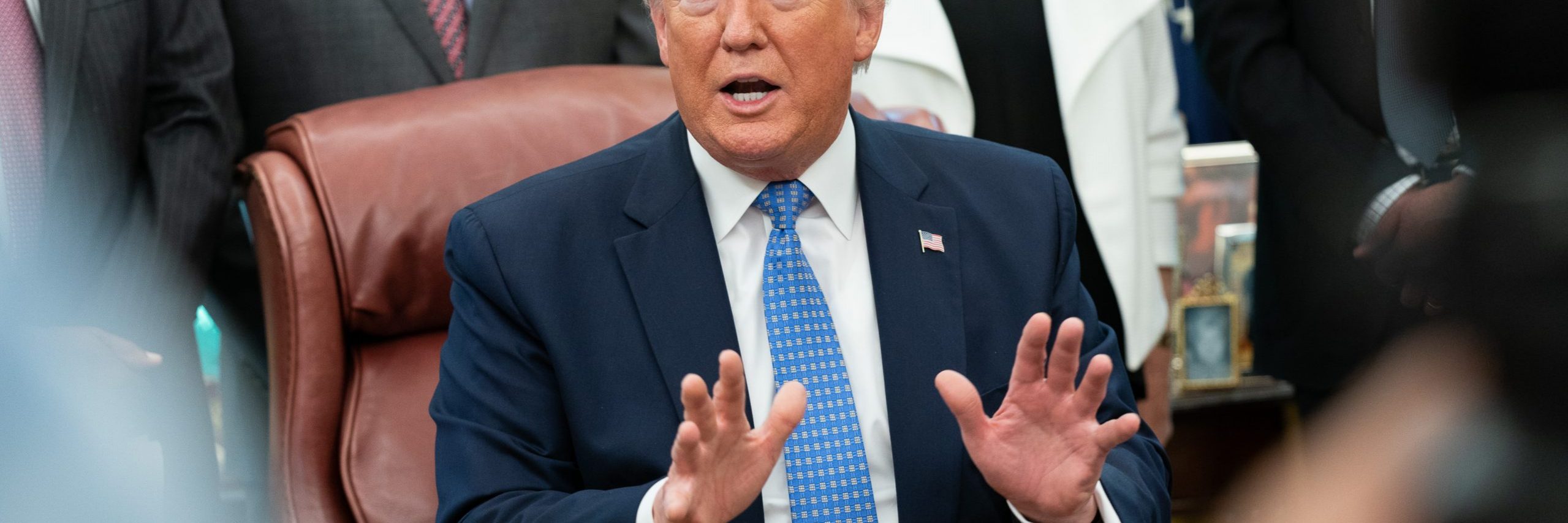The jury for Donald Trump’s criminal court case surrounding his payments to Stormy Daniels has been decided. Image source: Trump White House Archived, via Pexels
A 12-person jury has been finalised for the first of Donald Trump’s four criminal trials, concerning his hush money case in New York.
Trump has been accused of 34 counts of falsifying business records to conceal a US$130,000 ($233,000) payment made to Stormy Daniels prior to the 2016 election.
Daniels, an adult film actor, alleges that Trump paid her to prevent her from speaking publicly about a sexual encounter between the two a decade earlier.
Trump has pled not guilty to all charges and denies having sex with Daniels.
Manhattan District Attorney Alvin Bragg is the prosecutor in this case, which is being overseen by Judge Juan Merchan. It is the first criminal trial of a former American president and is expected to run for six to eight weeks.
The initial pool of possible jurors numbered 96. They have been whittled down to a jury of 12, with six alternates. Over half of the potential 96 jurors were dismissed on Monday after being asked if they could judge Trump without bias.
Following this, jurors were asked 42 questions, including topics such as personal information, media consumption, and if they have ever been involved with anything related to Trump.
Trump was noted to be gesturing and muttering about prospective jurors during questioning, further pushing against judge orders in a similar method to a partial gag order that Merchan has imposed upon him.
“I won’t tolerate that. I will not have any jurors intimidated in the courtroom,” said Judge Merchan, ordering the defending lawyer to speak to Trump about his behaviour.
The gag order is intended to prevent Trump from making public statements about court staff, jurors, witnesses, and lawyers in the district attorney’s office. It also bars Trump from mentioning their families.
Prosecutors are pushing for Trump to be fined or otherwise penalised for what they see as up to ten separate violations of the gag order.
Trump remains outspoken about this case, and his three other criminal cases, to be a ‘political witch-hunt’. These other cases include charges of mishandling classified documents and election interference on state and federal levels.
Trump has provided no evidence of his claims that the criminal charges are an attempt to hobble his candidacy. Those that he has accused have reported receiving death threats and harassment.
He continues to run for president as the Republican party candidate for the next US presidential election taking place on 5 November 2024.





